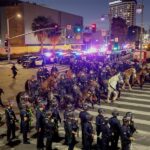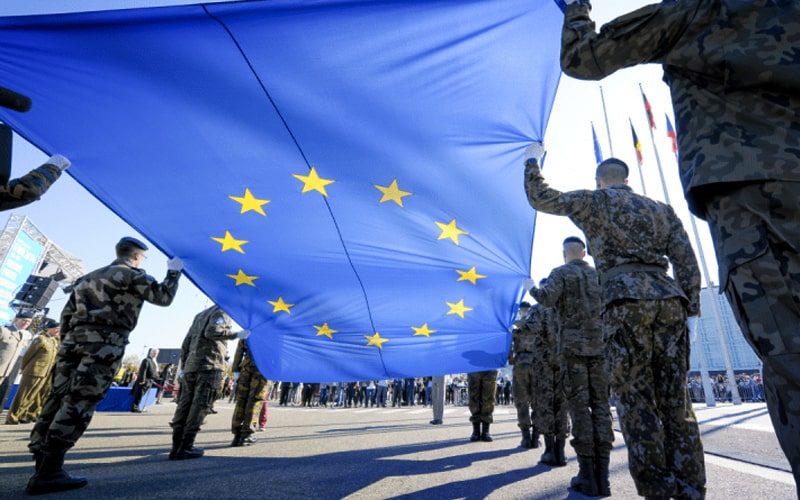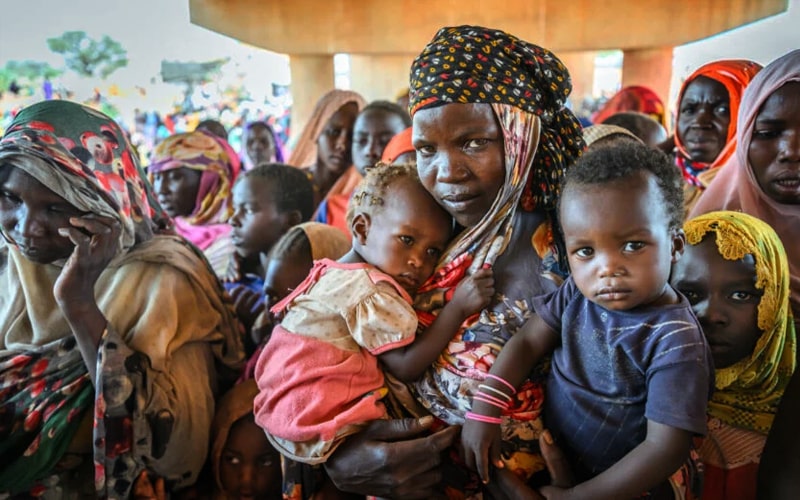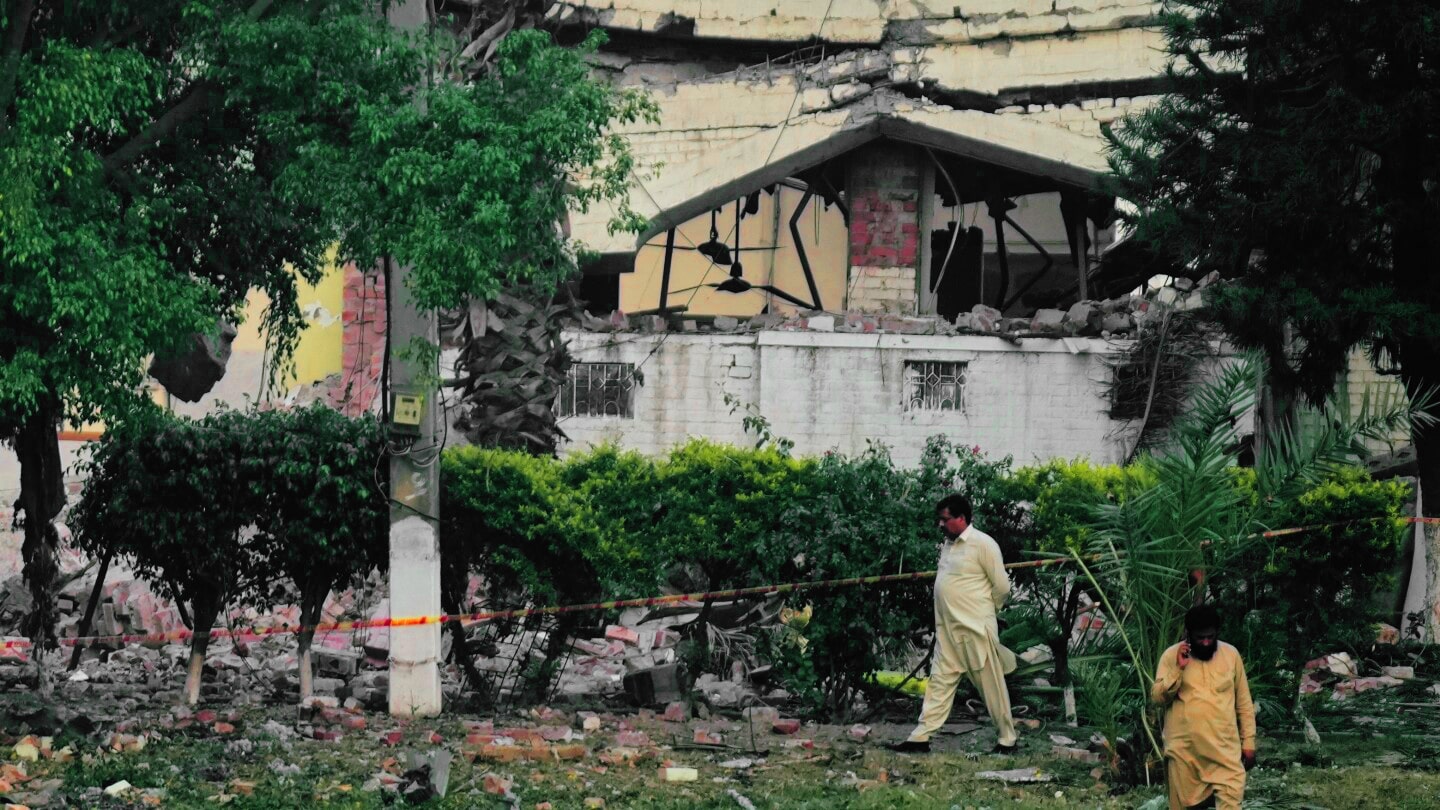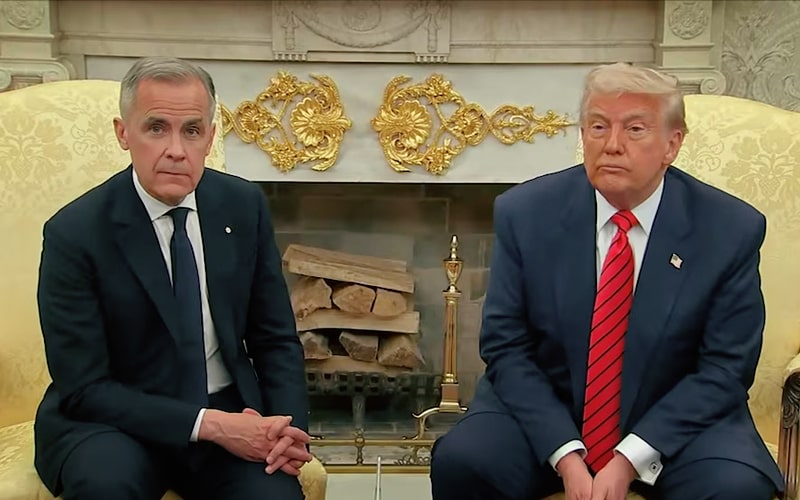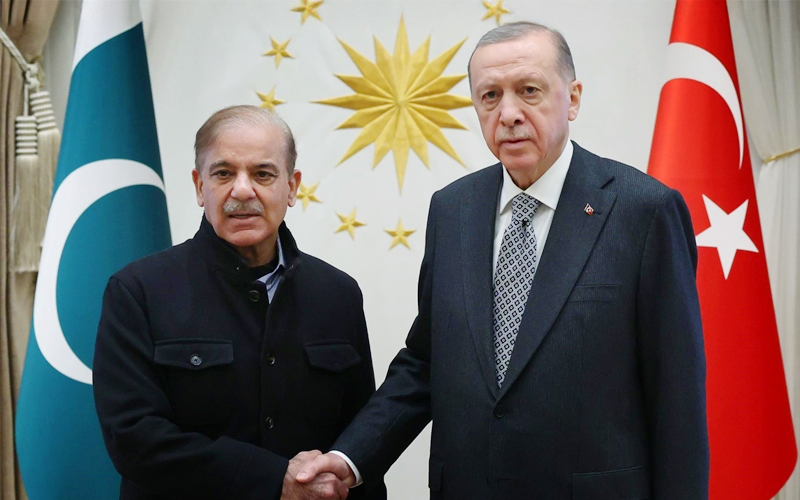Japan Bans 'Kirakira' Baby Names to Prevent Confusion and Bullying Japan has introduced a new law restricting parents from giving their children unusual names like "Pikachu" or "Nike." These “kirakira” (sparkly) names have surged in popularity in recent decades but often confuse authorities due to unconventional Kanji pronunciations. What Are 'Kirakira' Names? Kirakira names are …
Japan Bans ‘Kirakira’ Baby Names Like Pikachu and Nike Under New Law
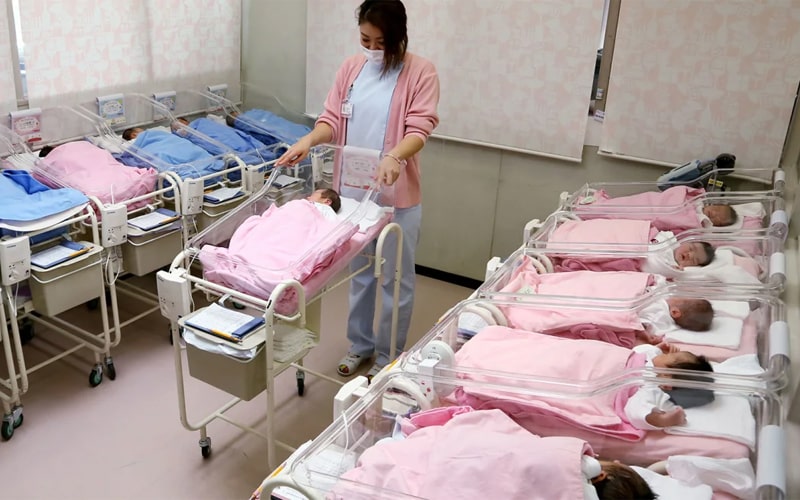
Japan Bans ‘Kirakira’ Baby Names to Prevent Confusion and Bullying
Japan has introduced a new law restricting parents from giving their children unusual names like “Pikachu” or “Nike.” These “kirakira” (sparkly) names have surged in popularity in recent decades but often confuse authorities due to unconventional Kanji pronunciations.
What Are ‘Kirakira’ Names?
Kirakira names are often inspired by pop culture or foreign brands. Parents use Kanji characters to phonetically mimic names like “Pikachu,” even if the characters don’t match standard readings.
This leads to complications in hospitals, schools, and government offices that struggle to pronounce these names correctly.
“Tourism and globalization have brought foreign influences, but names must still follow Japanese standards,” said a Tokyo city registrar.
New Naming Rules Explained
Effective this week, the law now requires:
-
Names must use commonly accepted Kanji readings.
-
Parents must submit phonetic spellings in baby registries.
-
Authorities can reject or request clarification for names that break the rules.
For example, a baby named “Nike” using unusual Kanji would likely need revision or be rejected. Japan’s Ministry of Justice clarified that the new law aims to preserve administrative clarity and protect children from future bullying.
Learn more about Japan’s family registry system here.
Public Reaction: Between Individuality and Practicality
Social media response has been divided.
Some users argue that kirakira names are harmless self-expression. Others say children could suffer from bullying or paperwork delays.
“They’re not children of the nation, right? They’re children of their parents,” wrote one critic on X.
“Seeing a name reveals the intelligence of the parents,” another joked.
Despite the backlash, many Japanese citizens welcomed the new regulations for the sake of social order.
Unusual Names on the Rise Globally
Japan is not alone in battling the rise of unconventional names.
-
In the U.S., names like “X Æ A-Xii” raised legal questions.
-
Germany restricts offensive names such as “Gastritis” or “Borussia.”
-
New Zealand bans names with royal titles like “King” or “Prince.”
Experts say the rise in unique names reflects a shift toward individuality, especially in middle-income and upwardly mobile societies like Japan and China.
Cultural Impact and Gender Trend
A 2022 Japanese study found kirakira names more common among girls, possibly reflecting parents’ hope for their daughters to be unique and independent.
This mirrors findings from a Chinese study in 2018, which also found a gender gap in unique name choices.
Naming in the Digital Age
The complexity of Japan’s Kanji system makes phonetic mismatches especially problematic. Some Kanji have over 10 potential readings, requiring officials to guess names—leading to frequent administrative errors.
With rising globalization and parental creativity, authorities say regulations like these are vital for keeping social systems running smoothly.
Subscribe to Our Newsletter
Keep in touch with our news & offers




